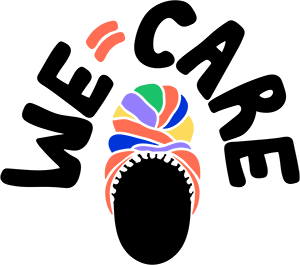WE-Care calls for more women in public health responses and decision making on COVID-19
On April 3, 2020, the confirmed global cases of COVID-19 had passed one million. While the cases in Eastern and Southern Africa—where WE-Care is working—are still relatively low, they are expected to spike once mass testing takes place.
The COVID-19 pandemic is a global threat to anyone with underlying health issues. It is even more worrying that the poorest and most vulnerable people in all societies are likely to suffer the most—at home and in all countries around the world.
This pandemic and the measures put in place to address it would impact different groups differently, including women, people with disabilities, and people from marginalized groups. Therefore, a response that takes into account different groups’ positioning in society and in the economy is necessary.
In Africa, many households depend heavily on women as health caregivers. Where health sector funding is inadequate, and the quality of care is low, it is women who fill the gaps—caring for family members in their homes and communities.
Now more than ever, women need to participate in high-level decision-making on community, national, and global health preparedness and response. This includes ensuring women with care responsibilities are represented in the most practical, safe, and meaningful ways possible.
Governments and private sector companies need to recognize the impact COVID-19 will have, especially on the increasing workloads of paid and unpaid carers, and the importance of investments in infrastructure and services that support the reduction of unpaid care and domestic work, including water, energy, and childcare.
Written by Vin Aranas.
